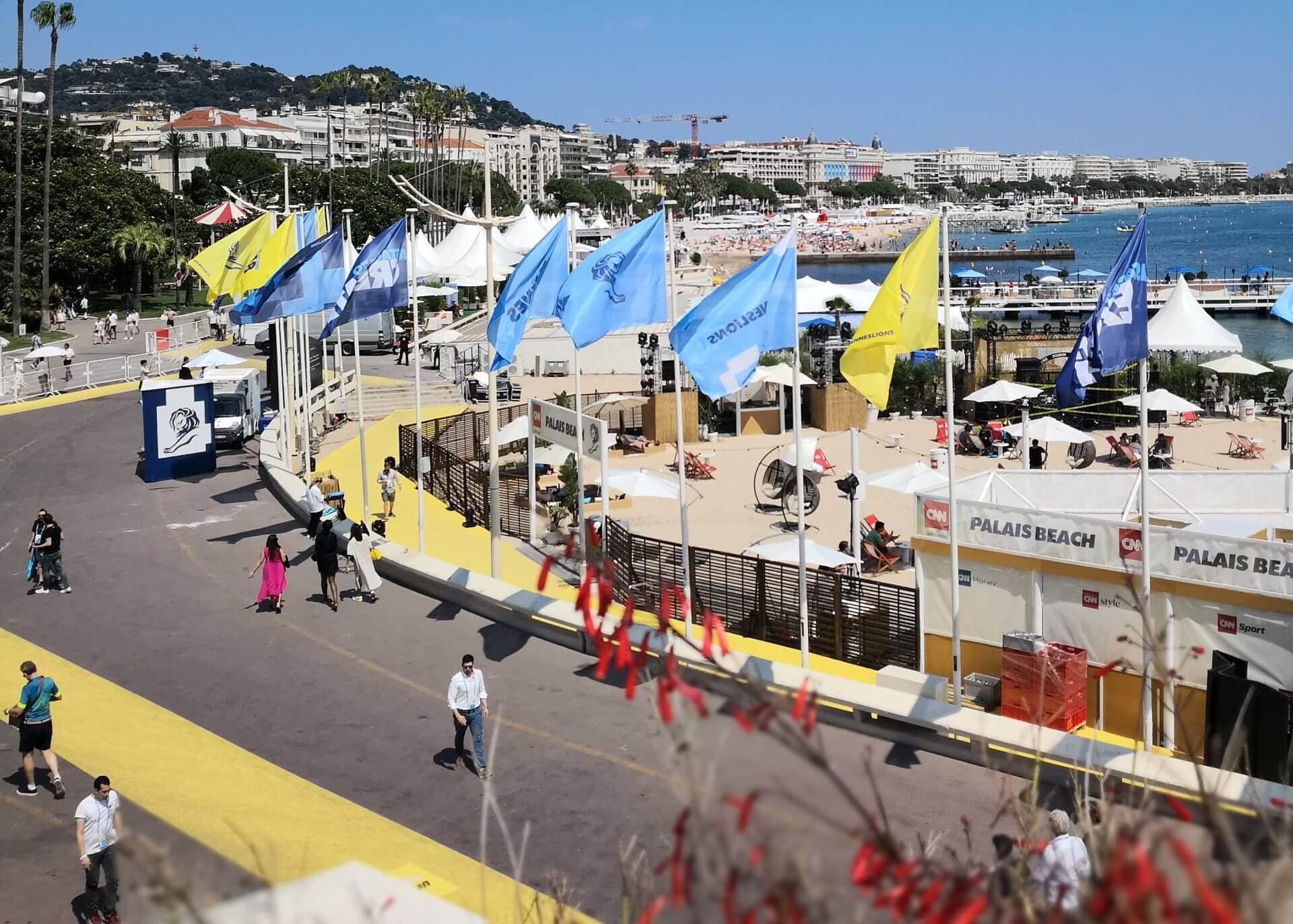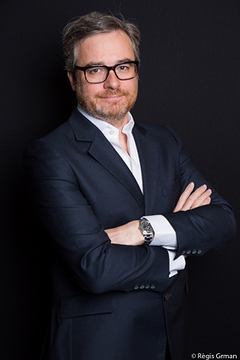Q&A with Cannes Juror Arnaud Pochebonne
In the next installment in our series with our jurors, we talked with Arnaud Pochebonne, GM, Weber Shandwick, France, about his experience this year as a PR Lions juror.

- Where do you go for creative inspiration? Everywhere. I truly believe creative inspiration is a mindset rather than a place. Reading a book or a magazine, seeing an exhibition, walking in the street or just watching and listening. People can teach you more than reading a consumer survey. Indeed festivals like Eurobest, Napoleon in France or Cannes Lions are great places to hear experts, see great work but also have discussions with peers. I always leave these events with food for thought and inspiration.
- What were you most surprised by at Cannes this year? The strong attendee interest in PR, compared to prior years. However, the perception of our industry is that we are limited, and our only capability is to generate a strong reach. PR is obviously much more. During our exchanges within the PR jury, we discussed this precise point. We all agreed that PR is about our capability to generate a meaningful and deep impact in people’s beliefs.
- If you’ve been to Cannes before, how was this year different than prior years? I’ve been to Cannes five times over the last seven years and this is my second time on the jury. Every year is different.This year, and from the entries I reviewed, I believe innovative technology generated less interest than during the past two or three years even if interactive architecture and data were well represented. There is now a strong sense of purpose when technology is used, which is good.
- What can you tell us about the jury experience that most people don’t know? The jury experience starts seven weeks before the start of the festival, with a pre-judging session. There are 40 jurors who reviewed an estimated 3,000 cases during the pre-judging session. Then the second round of jurors (the group I was in), is charged with reviewing 300 entries. It takes significant time to evaluate each case seriously.
- What was an important learning for you this year? Brands remain engaged on social and environmental issues. However, they are choosing to take a stance on topics they can directly address on their own. If brands are less engaged on major global topics, they move from “wake-up call” campaigns to “calls to action.” For the bravest, this can lead to a kind of “brand activism.” “The Coke is a Fanta” in Brazil or “The Black Supermarket” in France are two perfect examples of this trend.
